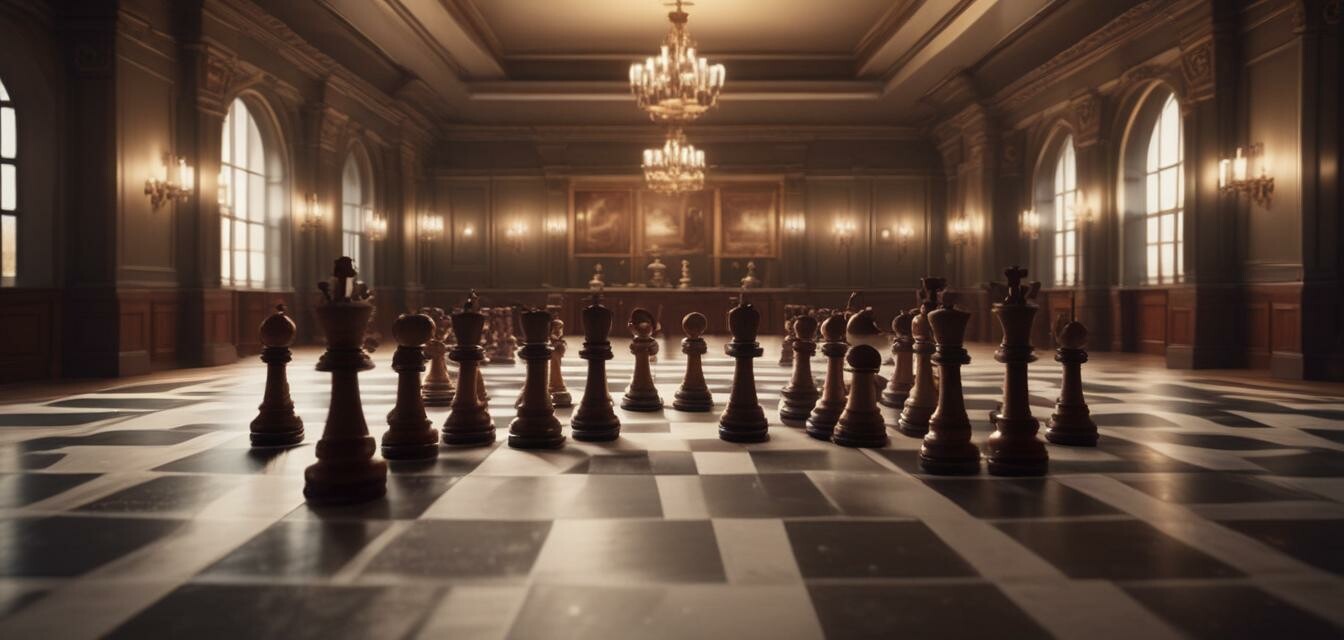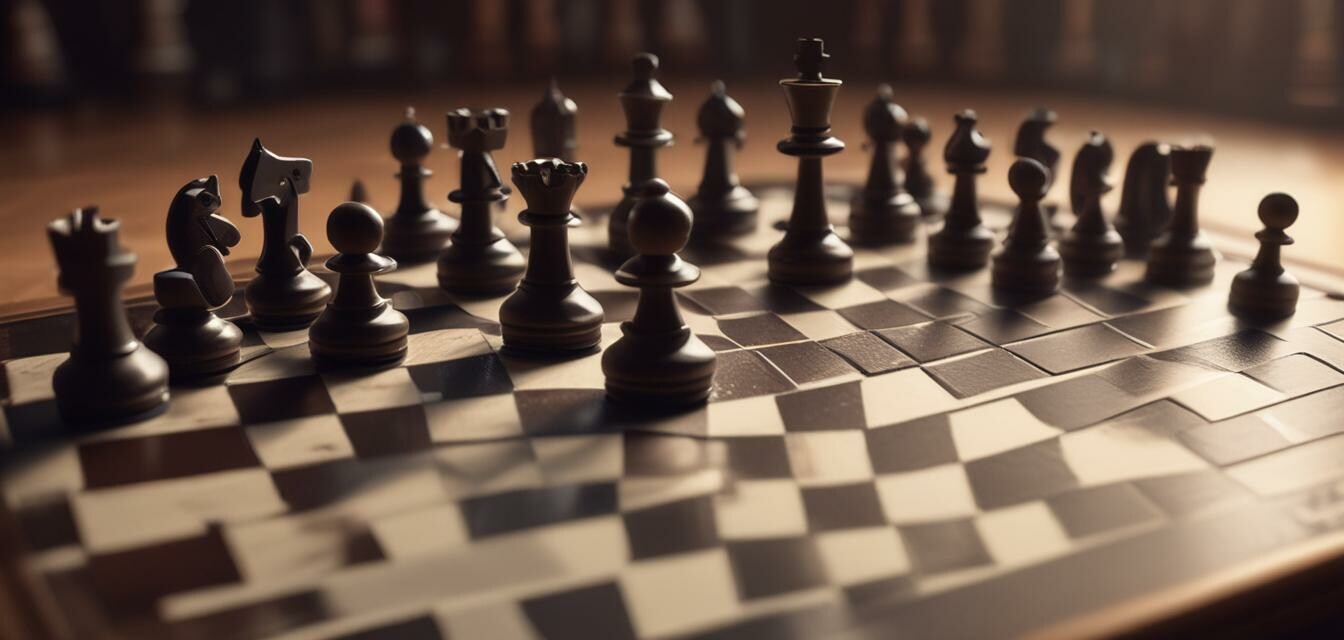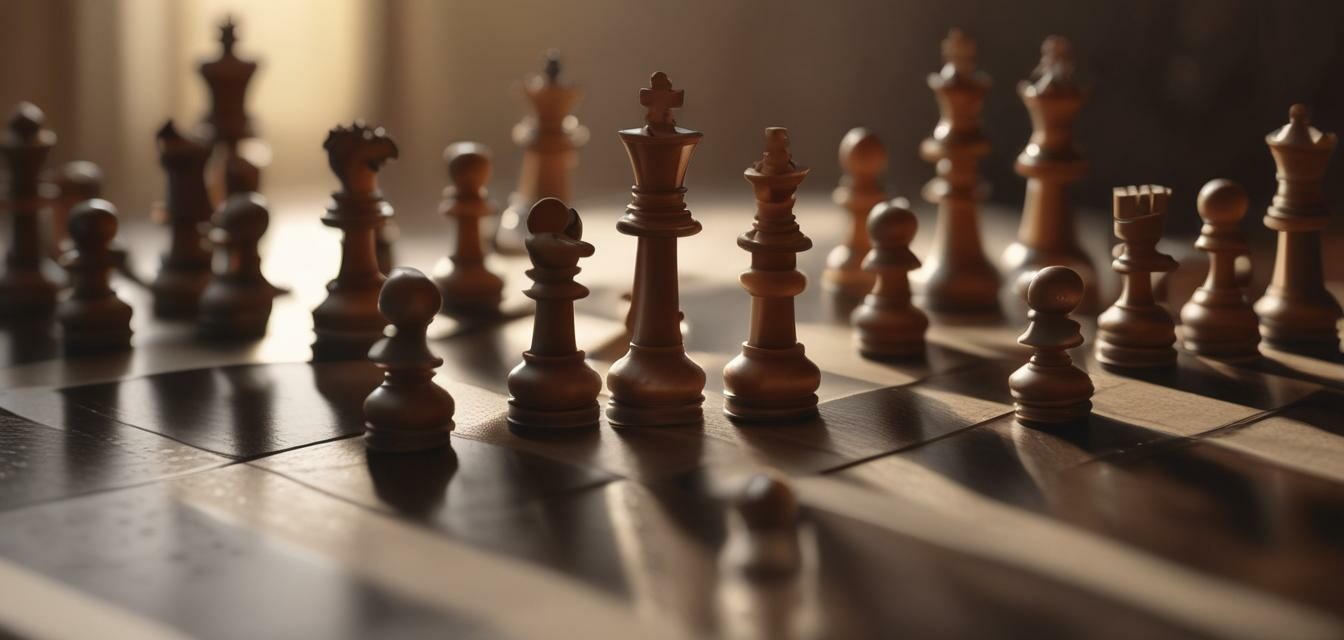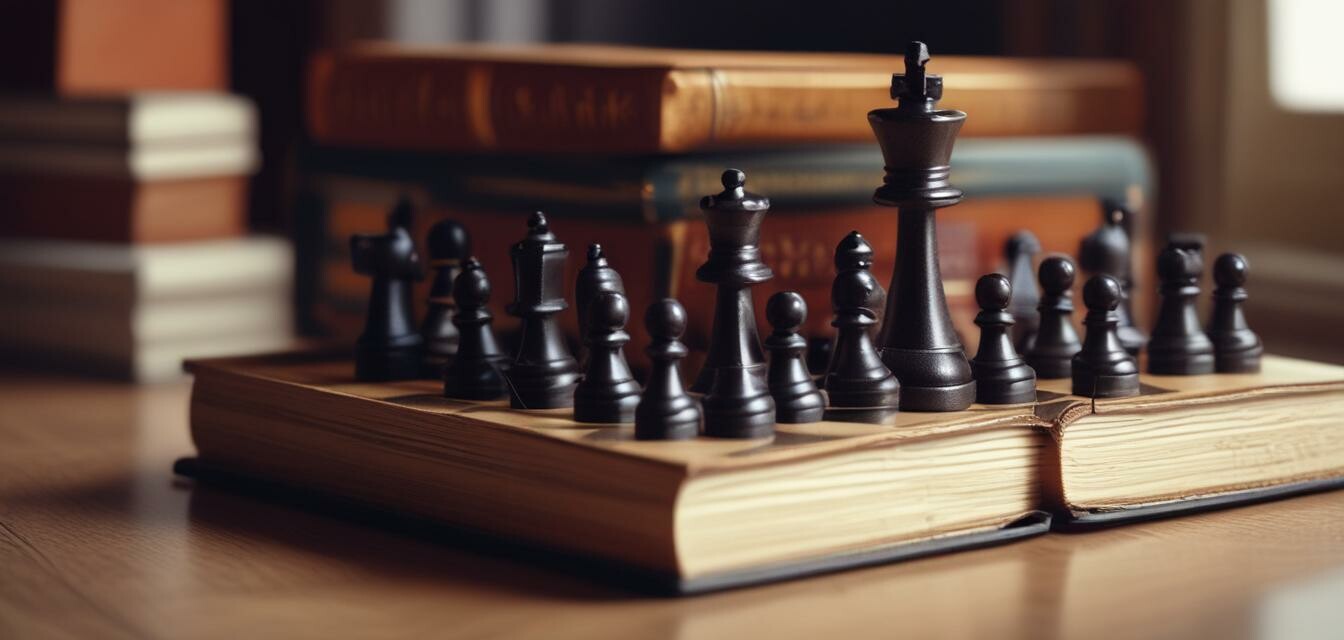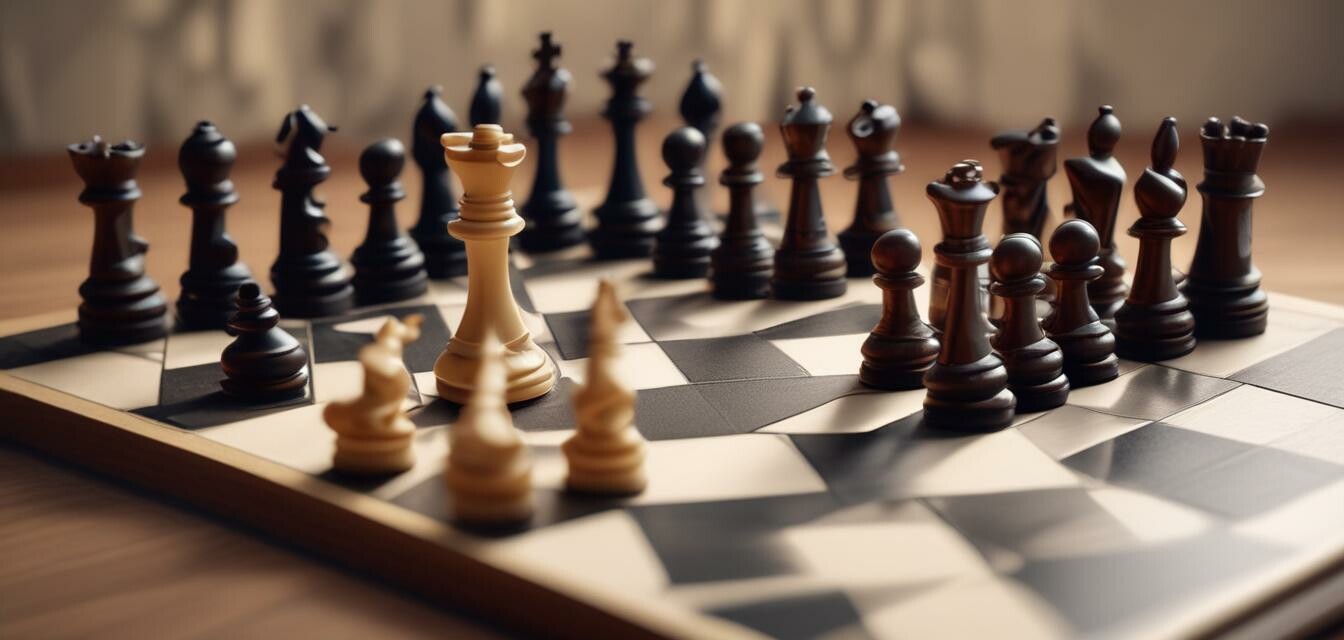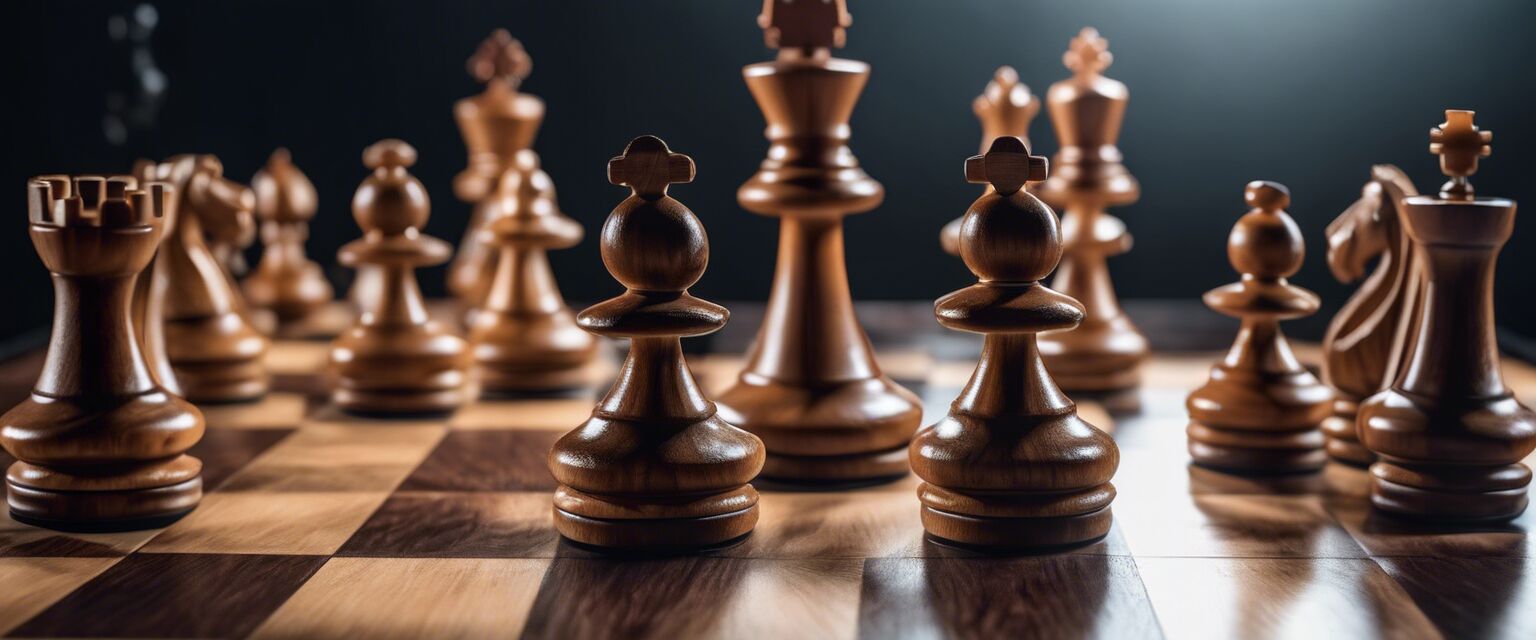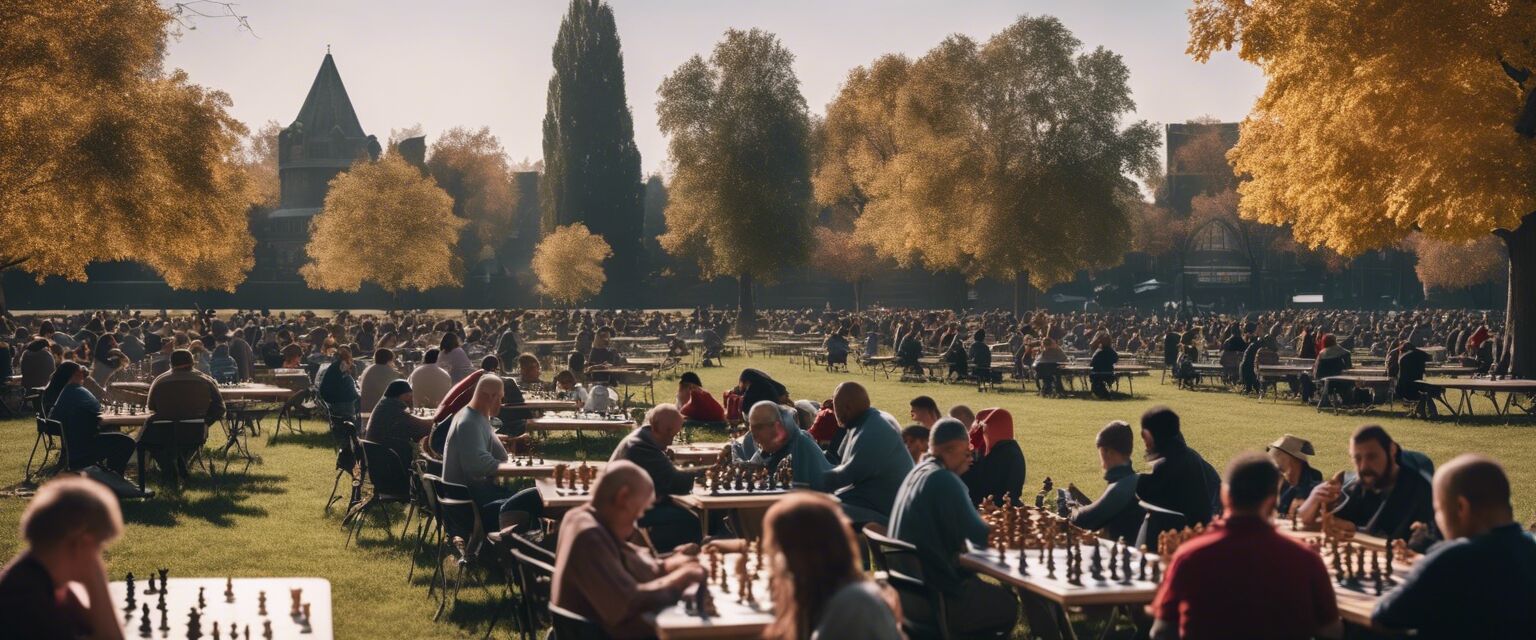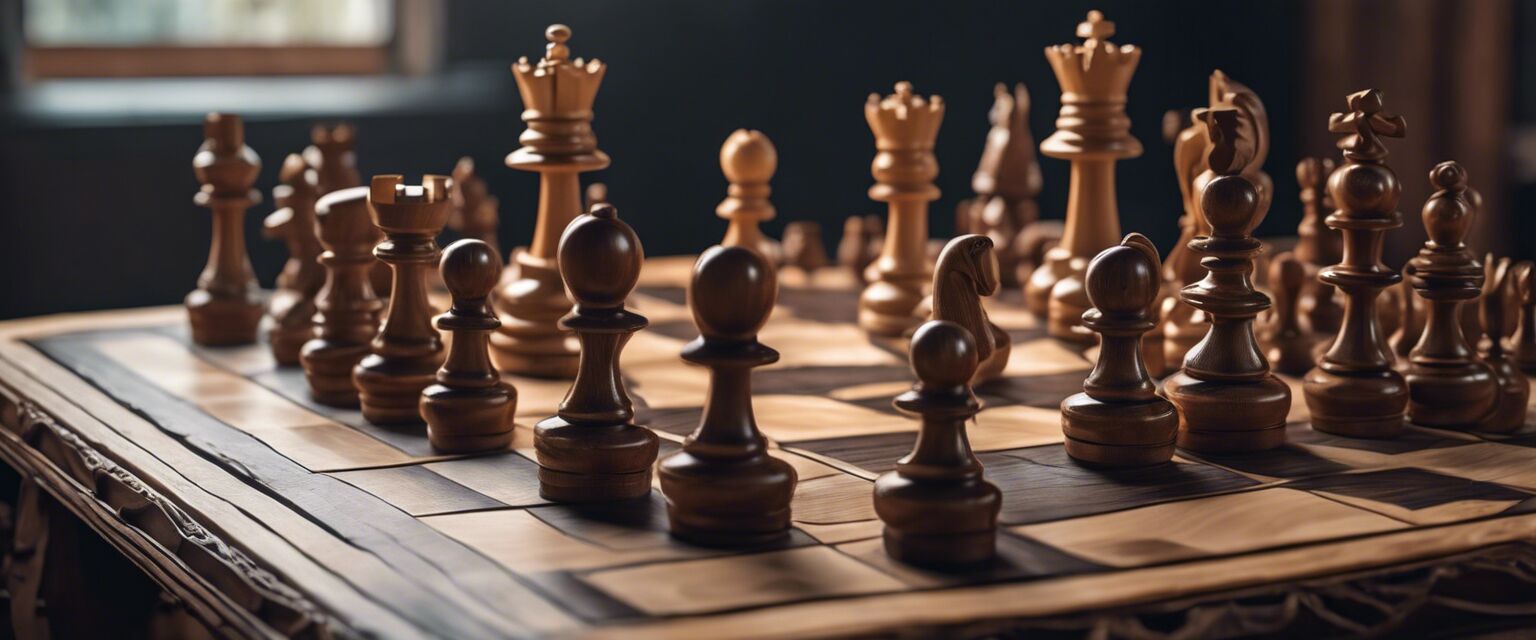
Chess History
Explore the captivating journey of chess from its ancient origins to the modern adaptations we see today. This article dives into its evolution, the influence of different cultures, and how chess has become a beloved game worldwide.
Key Takeaways
- Chess originated in India during the 6th century.
- The game evolved through various cultures, gaining popularity in Europe by the 15th century.
- Modern chess has standardized rules that enhance its strategic depth.
- Tournaments have propelled chess into the mainstream, attracting thousands of players.
Origins of Chess
The history of chess is rich and diverse. The game has roots tracing back to the ancient form known as "Chaturanga," which was played in India around the 6th century. It later spread to Persia, where it became known as "Shah," meaning king. Its transition continued to the Islamic regions, eventually reaching Europe.
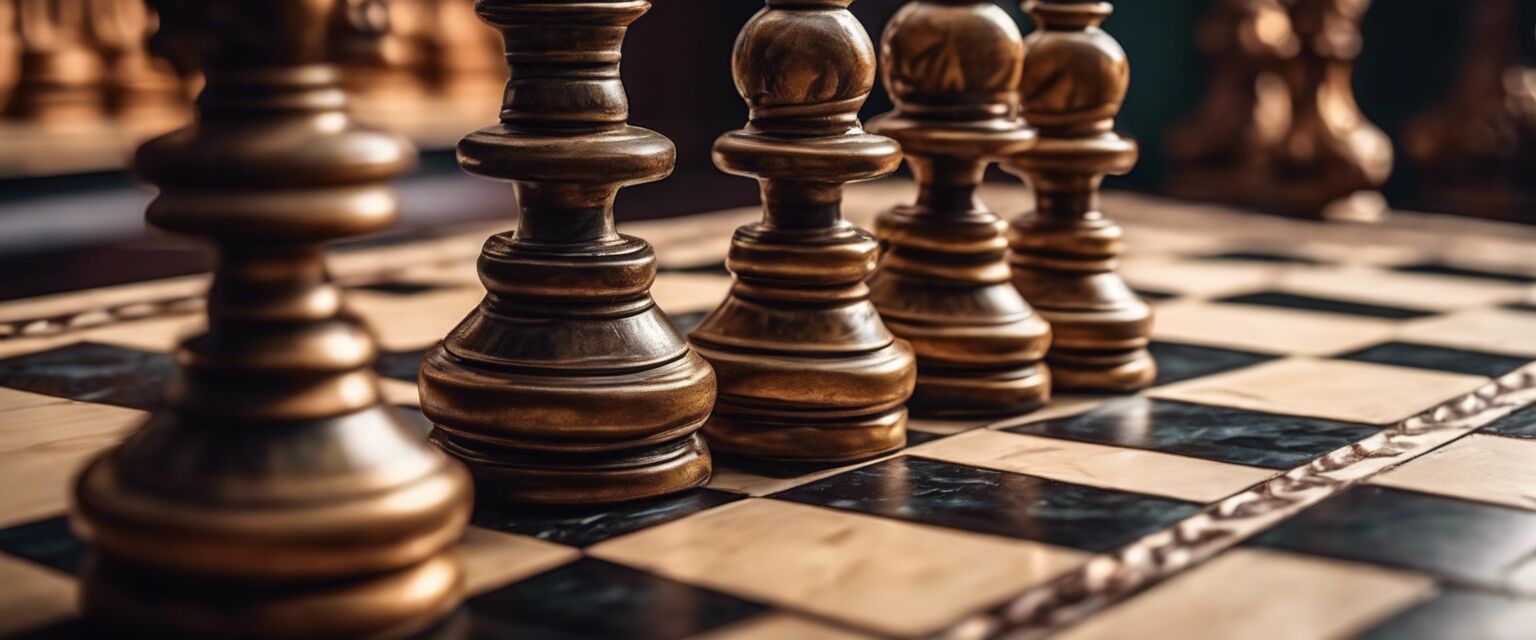
Chess in Ancient India
| Year | Event |
|---|---|
| 6th Century | Chess originated as Chaturanga in India. |
| 7th Century | Spread to Persia and evolved into Shatranj. |
The Persian Influence
In Persia, chess underwent modifications in its rules and pieces, which enhanced the strategic components of the game. It was during this era that the game's pieces began to resemble those we are familiar with today.
Chess Reaches Europe
The game made its way into Europe through trade and conquests. By the 15th century, the modern rules of chess began to take form. The game rapidly gained popularity among the European aristocracy, leading to the establishment of various chess clubs.
Pros
- Encourages strategic thinking and problem-solving skills.
- Cultivates patience and concentration.
- A fun social activity for players of all ages.
Cons
- Can become overly competitive.
- Some may find the game complex initially.
Standardization of Rules
By the 19th century, chess saw its worldwide standardization of rules. Organizations were created to promote the game, and the first modern chess tournament was held in London in 1851. This was a significant milestone in chess history, as it allowed players from different backgrounds to compete on a global stage.
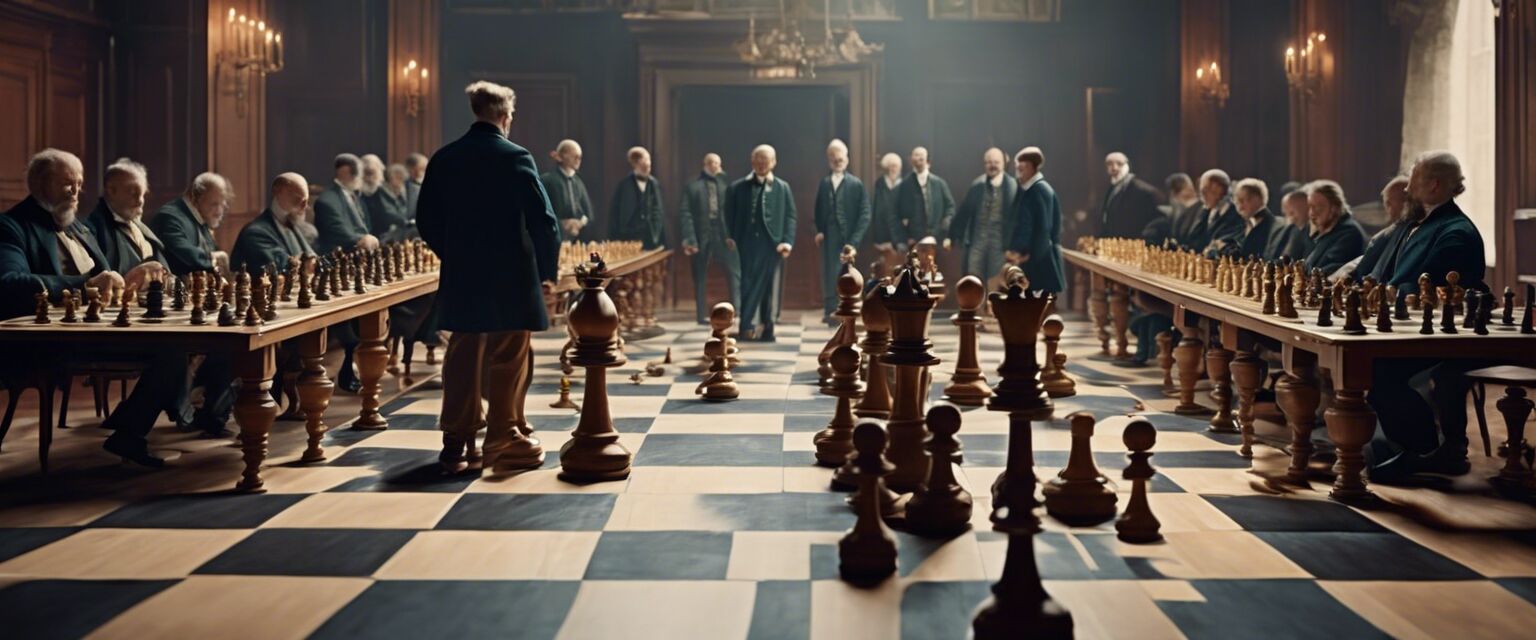
The Rise of Chess Tournaments
As chess grew, so did the competitive aspect of the game. Tournaments became more frequent, with players vying for titles and recognition. In the late 19th and early 20th centuries, many of the greatest chess players emerged, contributing to the game's storied history.
Notable Chess Players
| Player | Nationality | Achievements |
|---|---|---|
| Wilhelm Steinitz | Austria | First World Champion (1886) |
| Jose Raul Capablanca | Cuba | World Champion (1921-1927) |
| Gary Kasparov | Russia | World Champion (1985-2000) |
| Magnus Carlsen | Norway | Current World Champion since 2013 |
The Digital Age of Chess
The advent of technology brought a new era for chess. Online platforms have made it accessible to a broader audience, allowing players worldwide to compete and learn. Chess software has transformed how players analyze games, making it easier to improve skills.
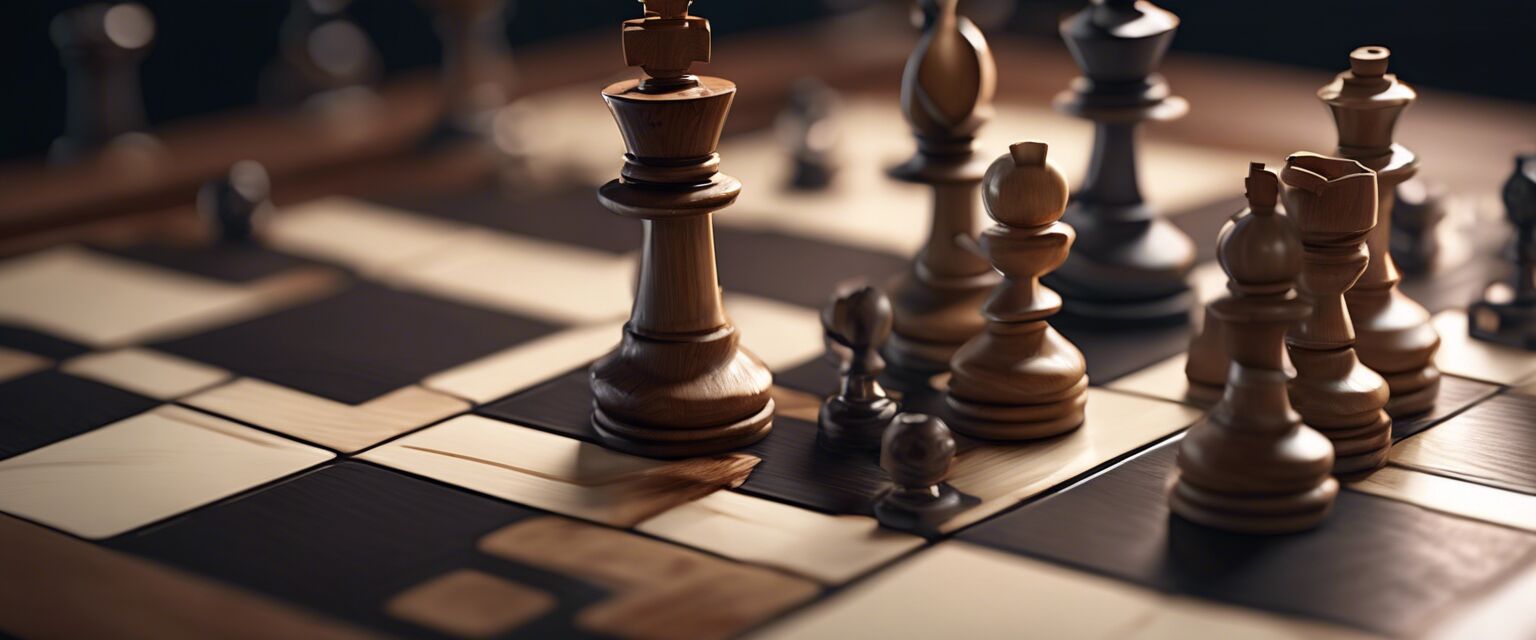
Conclusion
The history of chess is a testament to its enduring nature and widespread appeal. From its ancient beginnings to its status as a global phenomenon, chess continues to evolve, inspire, and challenge players and enthusiasts around the world.
Read More About Chess
For more information on chess accessories, explore our page on chess accessories. If you’re interested in learning more about the best chess boards, check out our section on chess boards. For those looking to deepen their knowledge, don’t miss our collection of chess books. Additionally, consider investing in a quality chess clock to enhance your playing experience.
Tips for Beginners
- Start by learning the basic rules and movements of each piece.
- Practice regularly to improve your understanding of strategies.
- Watch games and analyze different strategies employed by experienced players.
- Join local clubs or online forums to engage with other players.


